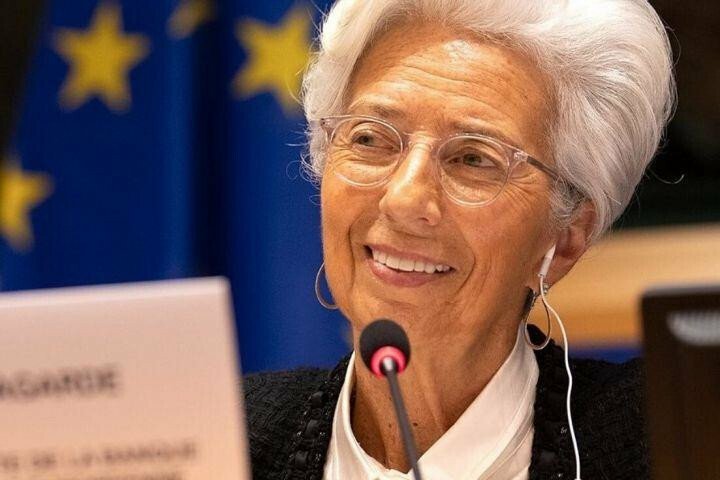European Central Bank (ECB) President Christine Lagarde recently revealed that her son faced significant losses in his investments in cryptocurrencies. During a town hall event with students in Frankfurt, Lagarde shared that despite her strong criticisms of crypto assets, her son chose to invest in them, ignoring her warnings. She stated, “He ignored me royally, which is his privilege. And he lost almost all the money that he had invested. It wasn’t a lot, but he lost it all, he lost about 60% of it. So when I then had another talk with him about it, he reluctantly accepted that I was right.”
Lagarde did not specify which of her two sons, both in their mid-30s, had suffered the losses. This personal experience has reinforced her skepticism towards cryptocurrencies and further solidified her low opinion of them. Despite her son’s losses, Lagarde acknowledges individuals’ freedom to invest and speculate but emphasizes the importance of preventing participation in illegal trades and businesses.
Cryptocurrency Concerns and Global Regulations
Lagarde has been vocal about her concerns regarding cryptocurrencies, often describing them as speculative and worthless. She has also highlighted their potential use in illicit activities by criminals. Under Lagarde’s leadership, the ECB has been advocating for global regulations on crypto assets. The primary objectives of such regulations are to protect unaware consumers from risks associated with cryptocurrencies and to address potential loopholes that facilitate funding for terrorists and money laundering by criminals.
The ECB’s concerns about privately issued currencies potentially displacing government money have prompted the bank to initiate its own digital euro project. However, the launch of a digital euro is still years away. Lagarde stated that the bank recently entered the “preparation phase” and expects to take another two years before making a decision on its rollout.
The Future of the Central Bank Digital Currency (CBDC)
In addition to the digital euro project, Lagarde has also discussed the central bank digital currency (CBDC). She believes that a CBDC will not eradicate cash but instead serve as a universal digital mode of payment throughout the entire Euro system. Lagarde remarked, “If it can be user-friendly, if it can be free, if it can check many of the boxes in terms of what the Europeans desire, then I think it will be considered a success.”
Despite progress made in exploring and surveying public opinion on the CBDC, the governing council will decide in October whether to proceed with further piloting of the project. Lagarde noted that the pilot phase would likely take another two years before reaching a final decision.

















